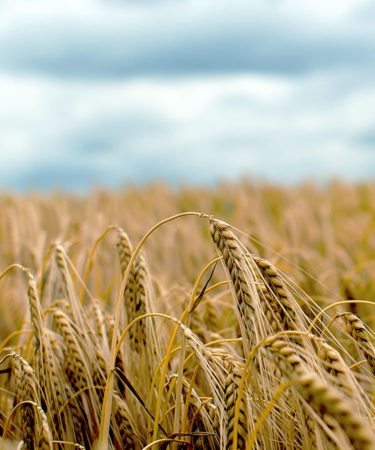Beer is taking a beating in Europe this summer. After rationing in Russia and the U.K. due to CO2 shortages throughout the World Cup, and now a beer bottle shortage in Germany, the latest downfall of beer in Europe is a weather-induced shortage of malting barley.
Barley is the grain used by a majority of brewers to make beer. U.S. brewers gets a lot of barley from Europe—a lot—in 2012, European malt exports to the U.S. comprised a $22 billion industry. It’s especially favored among craft brewers, which use as much as triple the amount of malted barley as industrial brewers. (The latter use a mixture of malt and cheaper grains, like corn and rice.)
Hot, dry weather in Europe since mid-May, the Financial Times reports, has caused barley prices to surged by two-thirds, reaching a five-year high of €230 per ton (about $269 USD) due to crops “just dying,” Scott Casey, consultant at RMI Analytics, says. Casey describes the situation as “dire.” In some regions, production has dropped as much as 50 percent. RMI is forecasting spring malting barley production to fall short by nearly 500,000 tons.
The EU is the world’s largest exporter of spring malting barley, with regions such as Germany, the Baltics, Scandinavia, and France sending the crop to the U.S., Southeast Asia, and Africa. The U.S. and Australia are also grain-growing regions affected by the “scorching” heat wave.
The good news: Hops are safe, for now.
